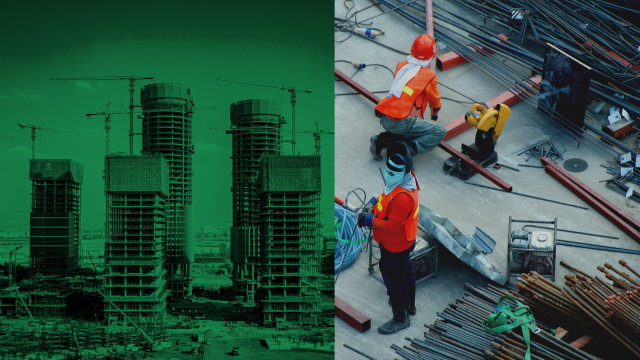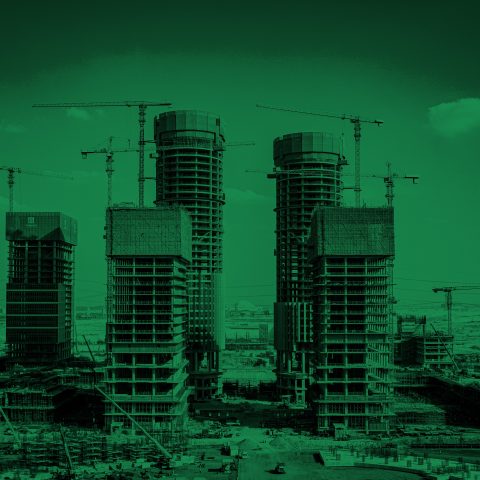
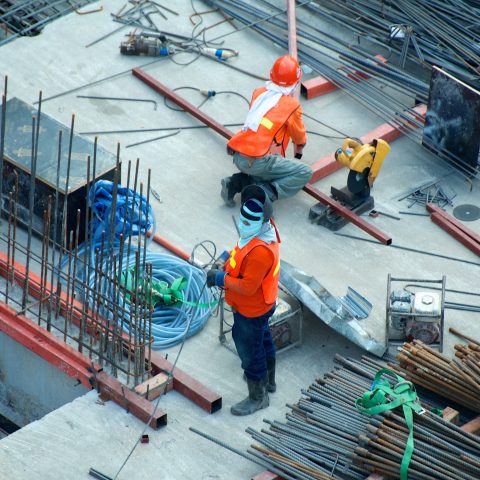
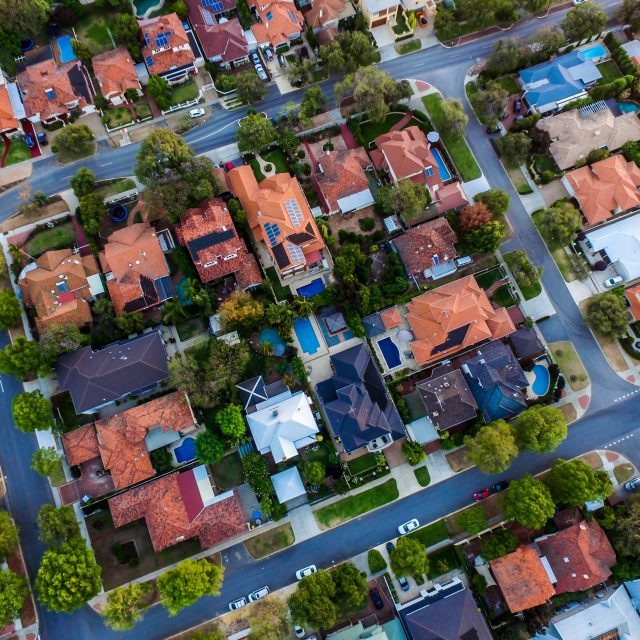
The World Benchmarking Alliance’s fifth Climate and Energy Benchmark measures and ranks the world’s 50 most influential buildings companies on their just and equitable low-carbon transition.
In order to accelerate the decarbonisation of our built environments, building companies around the world must take action in creating measurable and transparent goals to progress on climate ambition, just transition and human rights practices.
Since 2022, the Climate and Energy Benchmark have been assessing companies using the ACT (Assessing low Carbon Transition) methodologies and the WBA social and just transition indicators. This approach provides a holistic assessment of companies’ efforts to achieve a low–carbon transition that is just and equitable.

Five key findings
The 2023 Climate and Energy Benchmark in the buildings sector shows an industry with an immense amount of progress to make: most companies do not have targets and transition plans in place to achieve net zero goals. Additionally, building companies’ choices are critical for people everywhere yet are currently impacting emissions for generations to come. This sector needs to show leadership on connecting and collaborating with all stakeholders in the value chain to ensure responsibility is given to mitigate emissions and align with 1.5°C goal.
The findings also show that overall, only a minority of the assessed companies are engaged with necessary preconditions for a just transition, if undertaking a low-carbon transition at all. As with the low-carbon assessment, companies demonstrate a lack of commitments and action in their business relationships and value chain, as well as within the companies and for their own employees. A just transition requires urgent attention from companies and policymakers.

Today’s choices in the building sector will impact emissions for decades.
Companies in the buildings sector are failing to take responsibility for reducing the in-use emissions from the operations of buildings. The longevity of buildings means that making the wrong design, construction, and renovation decisions today will have a lasting impact on society’s ability to decarbonise. However, there is little evidence that property developers and construction companies are committing to deliver efficient low-carbon and zero-carbon-ready buildings or that property managers are planning to convert existing buildings to zero-carbon-ready through deep renovations and retrofits. As a result, companies in the buildings sector are locking in emissions for decades to come.

Only a small portion of building sector companies are planning for a low-carbon transition.
Companies in the sector have insufficient targets and climate transition plans in place. Urgent action is needed to tackle emissions through developing low-carbon transition plans, committing to renovating portfolios and delivering zero-carbon buildings.

Companies should lead by example and work with all stakeholders to mitigate emissions.
The building sector is heavily reliant on its value chain to decarbonise. As a result, it is critically important for companies within the Buildings Benchmark to engage with each other and with their suppliers, customers and other external actors to achieve much-needed emissions reductions.

There is a systemic lack of commitment and action regarding the fundamentals of responsible business conduct in the buildings sector.
Companies in the building sector are failing to demonstrate the fundamentals of responsible conduct for their business, their workers and the workers in their supply chains. While 34% of companies have publicly available policies committing to respecting human rights, only 28% of companies have committed to protecting the health and safety of both their own workers and those in their supply chain.

Over a million workers are at risk due to non-existent just transition plans.
A ‘just transition’ envisions communities and workers that are thriving and resilient to change, while remaining within the global 1.5°C boundary set out in the Paris Agreement. All examined buildings companies score 0 on just transition planning, putting 1.2 million of their direct employees, and millions of contracted workers at risk.

Find out how the companies performed
View rankingWhere are the 50 companies headquartered?
Locations
-
Title: IRSA
Place: Argentina
Description: -
Title: Jiangsu Zhongnan Construction Group
Place: China
Description: -
Title: Jinke Property Group
Place: China
Description: -
Title: Jones Lang LaSalle (JLL)
Place: United States of America
Description: -
Title: LEG Immobilien SE
Place: Germany
Description: -
Title: LendLease Group
Place: Australia
Description: -
Title: Longfor Group Holdings
Place: China
Description: -
Title: Macrotech Developers Ltd
Place: India
Description: -
Title: Mitsubishi Estate
Place: Japan
Description: -
Title: Mitsui Fudosan
Place: Japan
Description: -
Title: MRV Engenharia
Place: Brazil
Description: -
Title: New World Development
Place: Hong Kong, China
Description: -
Title: Palm Hills Development
Place: Egypt
Description: -
Title: Prologis
Place: United States of America
Description: -
Title: Qatari Diar
Place: Qatar
Description: -
Title: Redefine Properties Ltd
Place: South Africa
Description: -
Title: RiseSun Real Estate Development
Place: China
Description: -
Title: Sagax AB
Place: Sweden
Description: -
Title: Seazen Holding
Place: China
Description: -
Title: SEGRO PLC
Place: United Kingdom
Description: -
Title: Simon Property Group
Place: United States of America
Description: -
Title: Sumitomo Realty & Development
Place: Japan
Description: -
Title: Sun Hung Kai Properties
Place: Hong Kong, China
Description: -
Title: Unibail-Rodamco-Westfield SE
Place: France
Description: -
Title: Vonovia SE
Place: Germany
Description: -
Title: Welltower
Place: United States of America
Description: -
Title: Wheelock and Co
Place: Hong Kong, China
Description: -
Title: Yango Group
Place: China
Description: -
Title: Avalonbay Communities
Place: United States of America
Description: -
Title: Ayala Land
Place: Philippines
Description: -
Title: Brookfields Corporation
Place: Canada
Description: -
Title: CBRE Group
Place: United States of America
Description: -
Title: China Evergrande Group
Place: China
Description: -
Title: China Merchants Shekou Industrial Zone Holdings
Place: China
Description: -
Title: China Overseas Land & Investment
Place: Hong Kong, China
Description: -
Title: China Poly Group
Place: China
Description: -
Title: China Resources Land
Place: China
Description: -
Title: CIFI Holdings
Place: China
Description: -
Title: CK Asset Holdings
Place: Hong Kong, China
Description: -
Title: Country Garden Holdings
Place: China
Description: -
Title: Cushman & Wakefield
Place: United Kingdom
Description: -
Title: Cyrela Brazil Realty
Place: Brazil
Description: -
Title: Emaar Properties
Place: United Arab Emirates
Description: -
Title: Even Construtora
Place: Brazil
Description: -
Title: Gecina
Place: France
Description: -
Title: Gemdale
Place: China
Description: -
Title: Godrej Properties
Place: India
Description: -
Title: Greenland Holdings
Place: China
Description: -
Title: Greentown China Holdings
Place: China
Description: -
Title: Hyundai Engineering and Construction
Place: Republic of Korea
Description:
Further reading
-
Benchmark data set
Our 2023 Climate and Energy Benchmark in the buildings sector measures the world’s 50 most influential companies in the buildings sector on their alignment with the Paris Agreement goal of limiting global warming to 1.5° Celsius and their contributions to a just transition. This data sheet compiles company-level information and module and indicator scoring.
View data set
-
Technical FAQs
These FAQs explain technical aspects of how the ACT methodologies are used to assess companies in high emitting sectors and create WBA's Buildings Benchmark
See FAQs here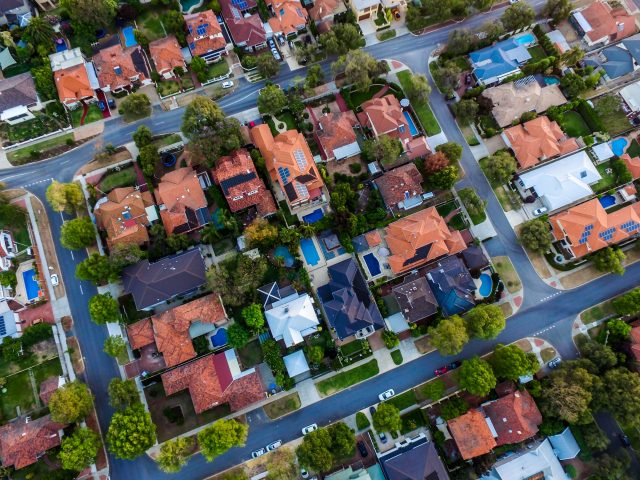
-

-
Insights Report
This report builds on the above mentioned key findings in detail and dives further into the module level summaries
Insights Report